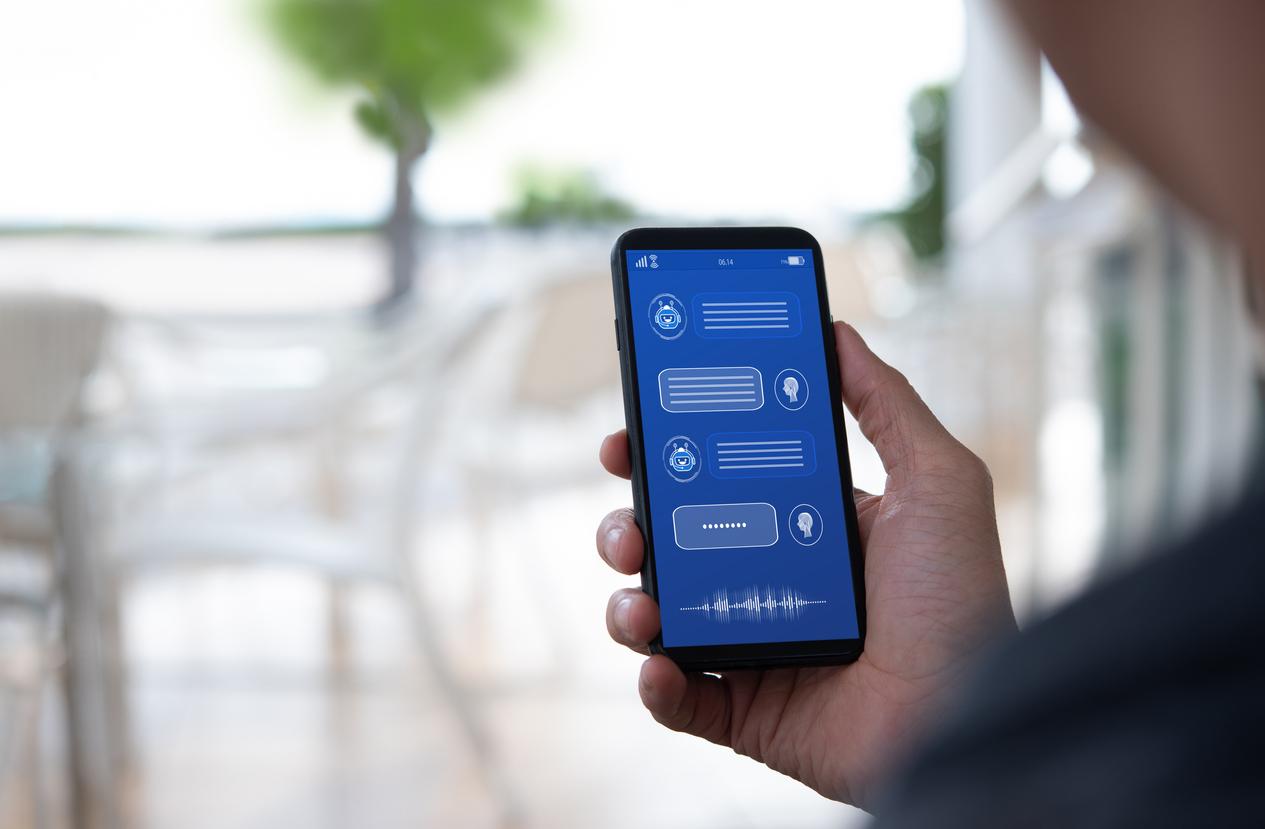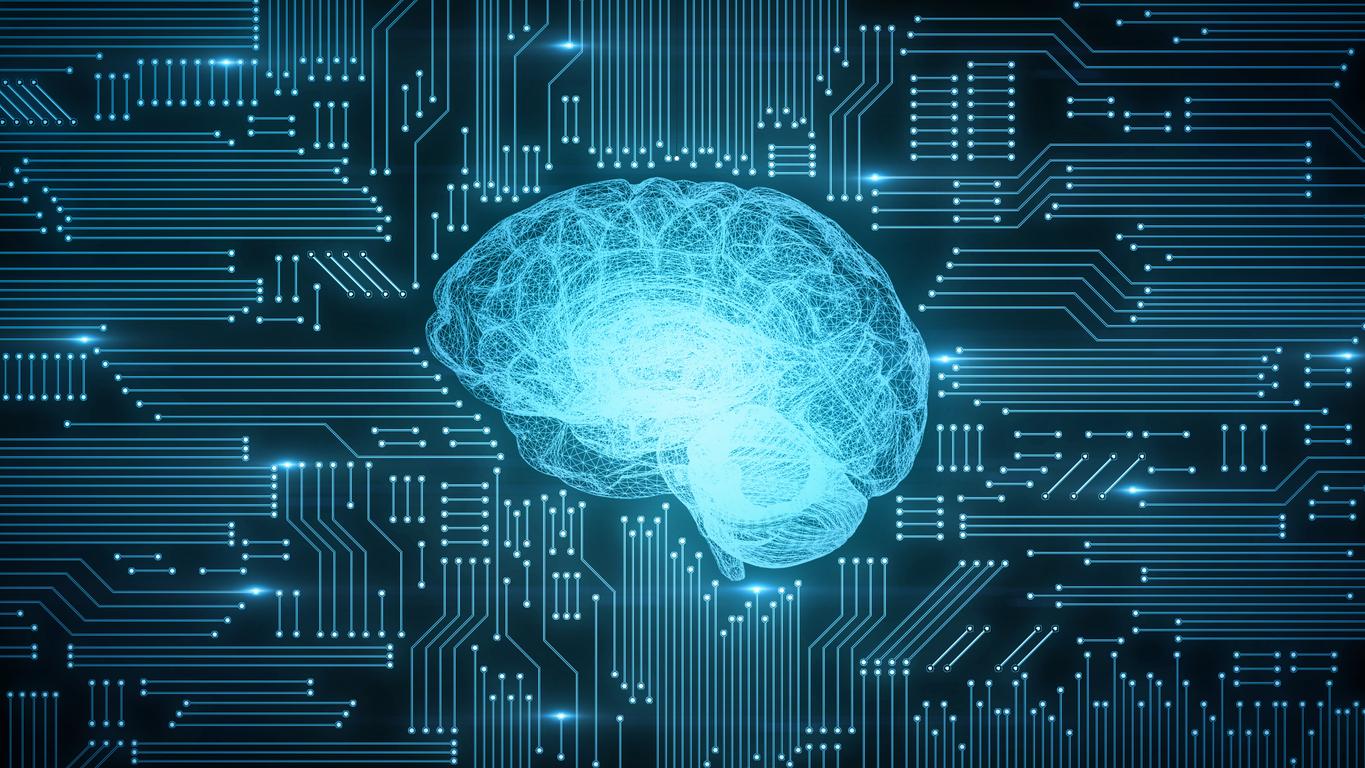In terms of health, the potential of artificial intelligence seems considerable. By 2030, thanks to AI, prevention, patient care, pharmacovigilance and clinical research should be further improved.

Artificial intelligence. If the media have only had this word in their mouths for a few years, this concept remains very difficult to define. It could be characterized as a program centered around an ambitious objective: to understand how human cognition works and to reproduce it. Over the past forty years, computer performance gains in terms of computing and storage capacity have made it possible to advance by leaps and bounds in the evolution of these new technologies. We see more and more self-driving cars, smarter smartphones like the LG G7 ThinQ or connected watches like theApple Watch.
In terms of health, the potential of AI seems considerable. At present, new artificial intelligence algorithms allow us to give real medical value to the accumulation of huge masses of data. The applications implemented allow us to have tools to accelerate research and provide medically visible results. And by 2030, thanks to AI, prevention, patient care, pharmacovigilance and clinical research should be further improved.
In terms of prevention, analyzes carried out on data collected over the long term on large population panels will make it possible to identify risk factors for certain diseases such as cancer, diabetes or neurodegenerative diseases. They will also help to characterize rare diseases more quickly thanks to faster and more efficient analysis of scanners or X-rays and to build high-performance diagnostic aid systems.
Achieve more personalized treatments
Once the latter is established, AI should help improve support. It will indeed participate in the personalization of treatments, in particular for certain cancers, which are increasingly better defined thanks to genetic data. In the event of adverse reactions to certain drugs, the accumulated database should also enable faster reactions from health professionals.
Finally, in terms of clinical research, the use of data should make it possible to create a unified access environment to cohorts to allow researchers to select patients on more precise criteria, thus leading to more efficient studies.
But if the applications of AI in the health sector fuel a lot of hope, to go even further, it would be necessary to succeed in overcoming the fear of patients and specialists on the use of data, essential to the proper functioning of these new technologies.
.

















